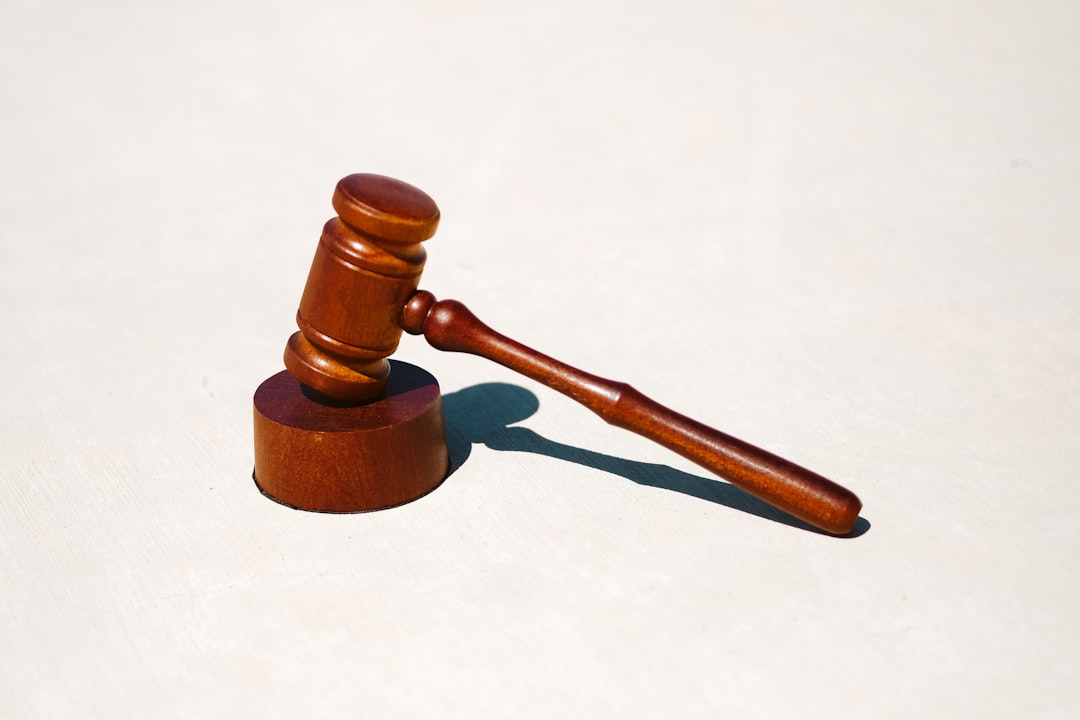Florida's Debt Collector Laws protect consumers from unethical debt collection practices, ensuring fairness. These laws regulate contact hours, mandate debt verification, and prohibit false representations and harassment. Debtors have rights to challenge debts and privacy protection. Complaints can be filed with the Attorney General's Office, which reviews cases and educates both collectors and consumers on legal boundaries.
Florida residents facing debt collection issues now have a powerful ally—the state’s Attorney General. Understanding your rights under Florida’s strict debt collector laws is crucial, especially with the rise of aggressive collection tactics. This article guides you through navigating these complex matters, from recognizing unfair practices to filing complaints with the Attorney General’s office. Learn about common debt-related issues and how to resolve them effectively.
Understanding Florida's Debt Collector Laws

Florida has specific laws in place to protect consumers from unfair or aggressive debt collection practices. These laws, part of the state’s Debt Collector Laws, are designed to ensure that individuals dealing with debt collectors in Florida are treated fairly and have certain rights. Understanding these regulations is crucial for both debtors and creditors alike.
Under Florida law, debt collectors must adhere to strict guidelines when attempting to collect on debts. This includes prohibiting false or misleading representations, unfair practices, and abusive behavior. Debt collectors can only contact individuals during reasonable hours, and they cannot harass or threaten debtors. They also have a legal obligation to verify the debt’s validity and provide clear information about the amount owed. These laws aim to prevent consumers from being taken advantage of and ensure a balanced approach to debt collection in Florida.
Your Rights When Dealing with Debt Collectors

When facing debt complaints, understanding your rights under Florida’s debt collector laws is crucial. In Florida, debt collectors must adhere to strict regulations to ensure fair and ethical collection practices. According to the Florida Statutes, they are prohibited from using abusive, oppressive, or humiliating tactics, and they must provide validation of the debt upon request. This means you have the right to challenge the validity of the debt and require evidence supporting the amount owed.
Additionally, debt collectors cannot make false or misleading statements, contact you at unreasonable times, or use threatening language. They must also respect your privacy by not disclosing personal information to third parties. If a debt collector violates these laws, individuals in Florida have the option to file a complaint with the Attorney General’s Office and potentially seek legal recourse to protect their rights.
How to File a Complaint with the Attorney General

To file a complaint about a debt collector in Florida, begin by gathering all relevant information and documentation related to your interaction with the collector. This includes any communications, contracts, or agreements made regarding the debt, as well as dates and details of each contact. Next, visit the official website of the Florida Attorney General’s office, where you’ll find an online form for submitting consumer complaints. Fill out the form meticulously, providing clear descriptions of your issue, including specific instances of harassment, unfair practices, or violations of the Debt Collector Laws in Florida.
Ensure that you save a copy of your complaint and all supporting documents for future reference. The Attorney General’s office will review your case and may reach out for additional information if necessary. This process is designed to protect consumers from abusive debt collection tactics, so don’t hesitate to take advantage of this resource when dealing with problematic debt collectors in the Sunshine State.
Common Issues and Resolutions in Debt Complaints

Many debt complaints filed with the Florida Attorney General’s office involve issues related to debt collectors’ practices under Florida debt collection laws. Common problems include aggressive or harassing behavior, false or misleading statements, and failure to verify debt information when requested by consumers. Debt collectors may violate these laws without realizing it, so clear communication and understanding of consumer rights are essential for both parties.
Resolutions often involve educating debt collectors about state laws, encouraging them to adopt fairer practices, and helping consumers understand their rights. The Florida Attorney General’s office plays a crucial role in ensuring that debt collection activities remain within legal boundaries, protecting consumers from abusive or unfair treatment, and promoting transparency in the industry.






